We recently connected with Brandie Posey and have shared our conversation below.
Brandie , thanks for taking the time to share your stories with us today It’s always helpful to hear about times when someone’s had to take a risk – how did they think through the decision, why did they take the risk, and what ended up happening. We’d love to hear about a risk you’ve taken.
Any career in the arts is a major risk if you aren’y already independently wealthy, that’s become more & more true as the social safety net continues to evaporate each year too.
The biggest risk I’ve taken to date I think though, would be producing & self-releasing my debut album instead of going with an established comedy record label. Because of that decision, “Opinion Cave” has paid my rent for the last 8 years.
My mom passed away 10 years ago, and after that I started touring in earnest – it was definitely a part of my healing process, and I had jokes about grief that I was proud of & wanted to record sooner than later.
There are a lot of comedy labels out there, but I’ve always been interested in learning every aspect of how it’s done – growing up as a punk & ska kid in DC, I grew up around DIY culture & have never been intimidated by hard, less than glamorous work if it meant owning my own means of production. The deal from most comedy labels is a 50/50 split, and I just never thought that that was a fair divide of labor for an album, considering I spent years developing the material. And because a lot of this material was so personal, I wanted to understand the whole process myself & feel empowered through that newly gained knowledge.
I called in a music producer friend (David Irish of Pot of Gold Recording in Orange, CA) to record & mix the record for me. We recorded it at a comic book show in Ventura & once it was mixed, I hired Robyn Von Swank to shoot the album cover. I did all of the graphic design work myself, I’ve always had an artistic eye & am pretty good with photoshop. The final product really feels like it came from me in every way.
I distributed the album through CD Baby, and then was able to submit it to Sirius XM after tracking down a contact. 9 tracks were picked up to be in rotation on the radio! A satellite radio play is worth $40 instead of streaming’s $0.003 so it was a big deal to get picked up by Sirius XM.
With the skills learned through the process of releasing my debut album, I also produced a compilation album for charity later that year called Burn This Election of 23 comedians doing their election material -we’ve raised $5k for RAINN & in 2023 I launched my own comedy record label, Burn This Records, geared towards creating equity among my artists. As of this writing, I’ve released 7 #1 comedy albums & have about 15 in the hopper for the next 2 years planned.
I couldn’t be happier that I bet on myself & my ability to learn new skills & be in control of my own releases all those years ago.
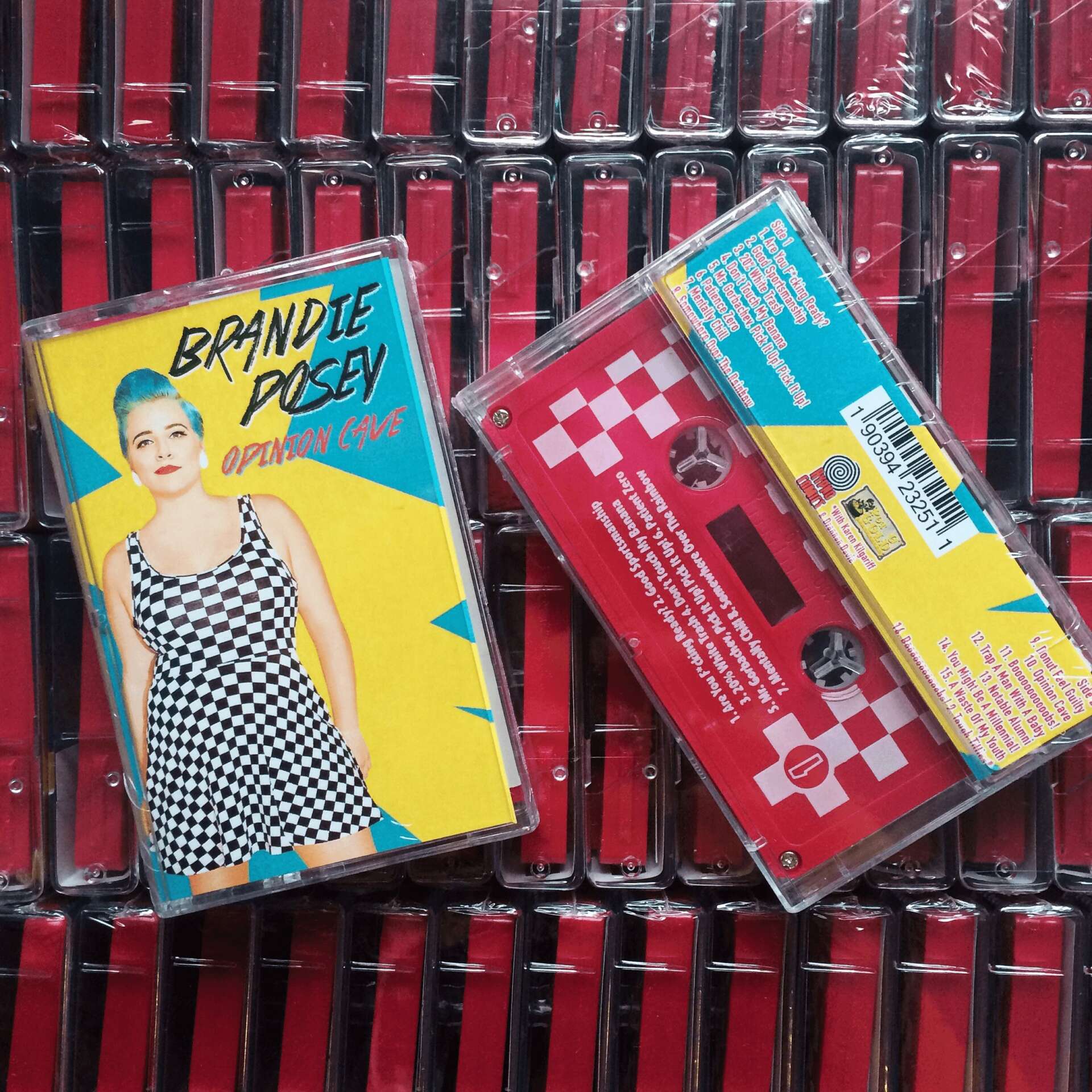
Brandie , love having you share your insights with us. Before we ask you more questions, maybe you can take a moment to introduce yourself to our readers who might have missed our earlier conversations?
I have been a stand up comedian for 16 years, and a touring professional for 10 of those. I started stand up comedy in Los Angeles the way that everyone does – by going to open mics & learning to fail gracefully in front of strangers. I took over hosting an open mic about 6 months into stand up & then ran that room for 3 years.
Hosting consistently & watching the choices & changes that other more established comedians were making was a master class in what to do & what not to do onstage. Hosting is also about controlling the energy of a room without prepared material, and I tell everyone starting out that the way they will get better faster is by hosting a mic or their own show.
I started booking hosting gigs based off of that open mic, then started running my own shows in LA & booking them myself. I’ve never been intimidated by the prospect of creating shows, I think every comedian should run a show at least once to understand how much work goes into it. You have to develop skills around booking, promotion, problem solving, time management, venue relations, etc. If you can book a successful comedy show then you can coordinate pretty much any kind of event.
We have so many comedians here in LA that longer sets can be hard to come by, but then to work the road & develop a longer act, you need to know if you’ve got 20 minutes, then 30, then 45. So I ran a show for 3 years called The 4 & 20 – it was 4 comics each week doing 20 minutes each, and that’s how I learned how to do a feature length set. No one came except for 2 transient guys in the neighborhood – Arturo & Wheelchair Bob, my guys! They loved the show, would heckle sometimes & if you could make them laugh, then those jokes would work anywhere. It was a real workout room, and I became a much stronger comic because of that show. I ran it every Tuesday for 3 years until I started going on the road more.
I started going on the road more by submitting to comedy festivals & would meet other comedians in my “class” of comics around the country, lots of people who are still my good friends to this day. So then I’d do another festival somewhere nearby where someone I knew was from, fly in & build a week of shows around it with my new comedy friends. That’s how I built out a national network of small indie shows run by other proactive, DIY spirited comedians.
I honestly prefer those rooms too. I’ve done clubs here & there, but lack the credits to get into most of them. I’ve never let that stop me though, I think I remind most comedy club owners of the daughter that doesn’t come home for Thanksgiving anymore anyway. The crowds that come out to fun indie shows in weirdo venues tend to be more adventurous, more fun to perform for too.
Concurrent to stand up, I am also one of the hosts of the Lady to Lady Podcast, currently on My Favorite Murder’s Exactly Right Media Network. My co-hosts are Barbara Gray & Tess Barker, and the three of us have been podcasting every Wednesday for almost 12 years now, with almost 600 episodes available & over 8 million downloads from all over the world.
I also created a live comedy show called Picture This, which pairs animators with comedians who then have their jokes drawn live during their set so they can interact with them, giving them a new life like never before. Picture This has appeared at the John F. Kennedy Center twice & was sold as a pilot at TruTV in 2018. The show has franchises in LA & NYC & has been going strong for 13 years with amazing talent on the mic & on the pen.
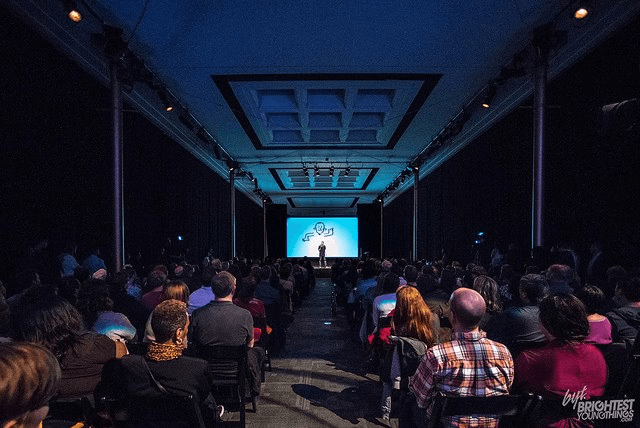
How can we best help foster a strong, supportive environment for artists and creatives?
People need to pay for art, or the government needs to start a program where artists receive a stipend for contributing to the culture of the country. A lot of other countries do this, and it’s a way for artists in a fields who are not born into money to have a fairer shot at something.
I also think that management companies & the “suits” that make a living off of artists should be more materially concerned for their clients. Making a pilot for TruTV put me into debt while I had to deal with development execs who took a paycheck & had benefits the entire time. At the end when they finally passed after telling me to keep my calendar clear because it was definitely going too get picked up, it was no skin off their back but took me years to bounce back financially. I made $3500 for almost 6 months of work versus who knows how much the suits did. That’s not how a healthy relationship between artists & the business side should function.
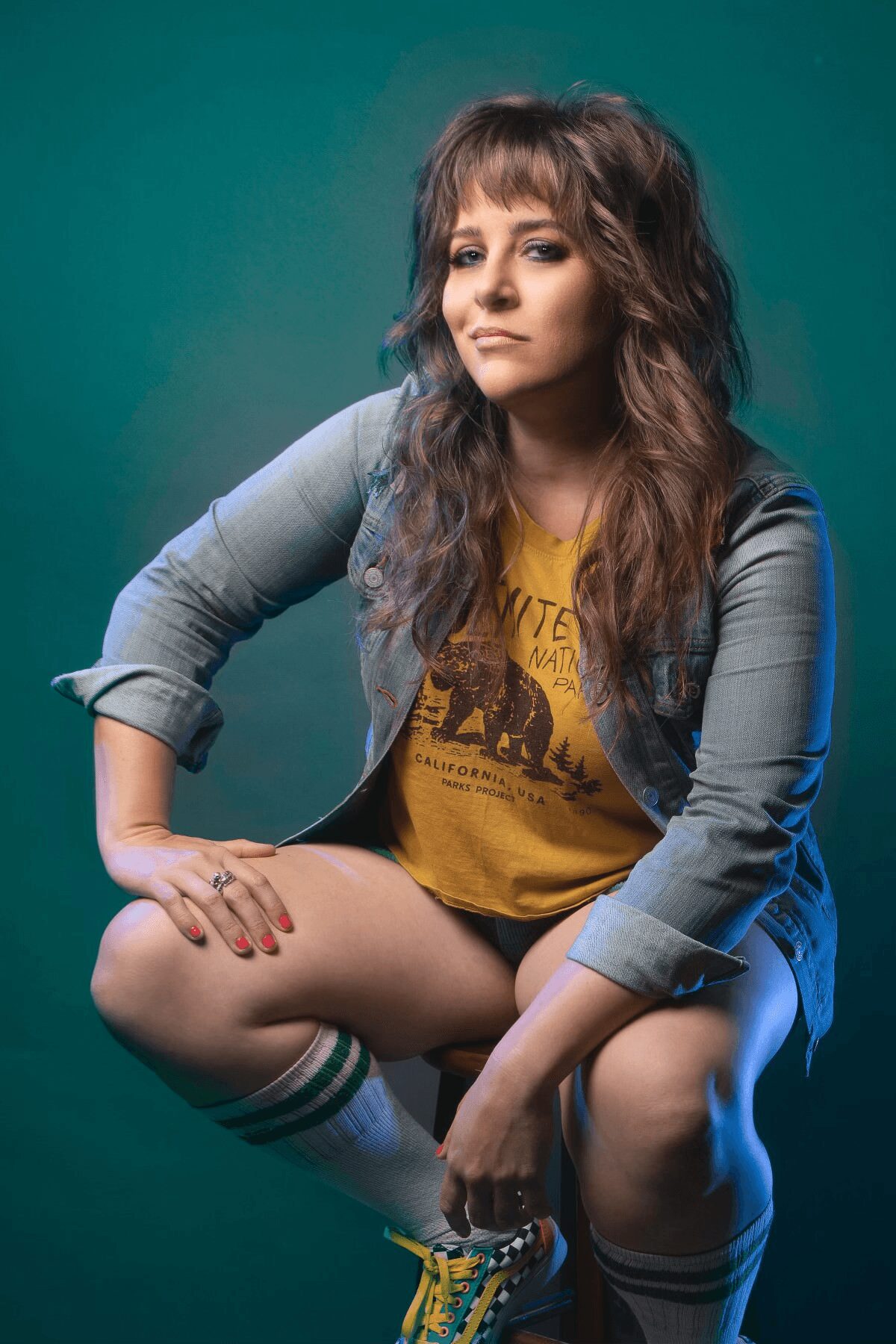
Are there any books, videos or other content that you feel have meaningfully impacted your thinking?
There is a great interview with Steve Albini in Psychology Today that really sums up a lot of my feelings about how I try to handle myself & my business. Even though he was a musician & recording engineer, a lot of the same philosophies apply to a comedy career as far as I’m concerned. You can find that here:
https://www.psychologytoday.com/intl/blog/brick-by-brick/201507/steve-albini-shows-that-punk-rock-ethics-are-good-business
Contact Info:
- Website: https://burnthisrecords.com
- Instagram: https://instagram.com/burnthisrecords
- Facebook: https://facebook.com/brandieposey
- Linkedin: https://linkedin.com/in/brandazzle/
- Twitter: https://twitter.com/brandazzle
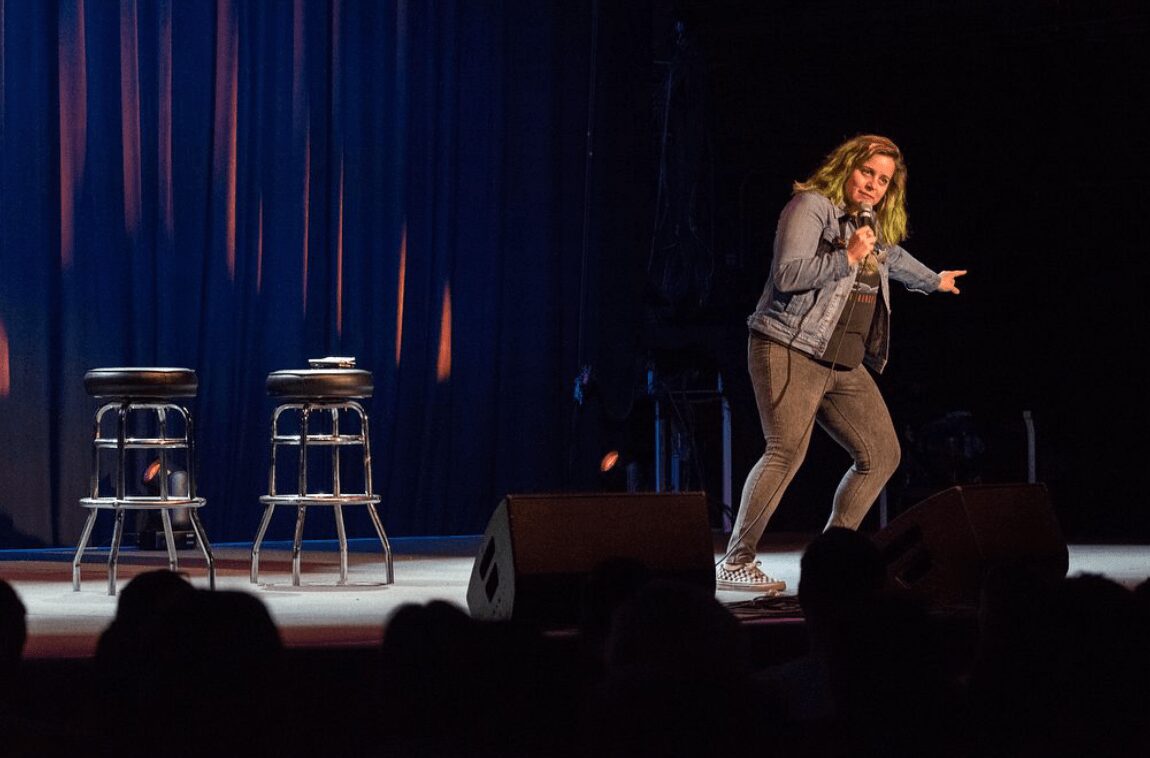
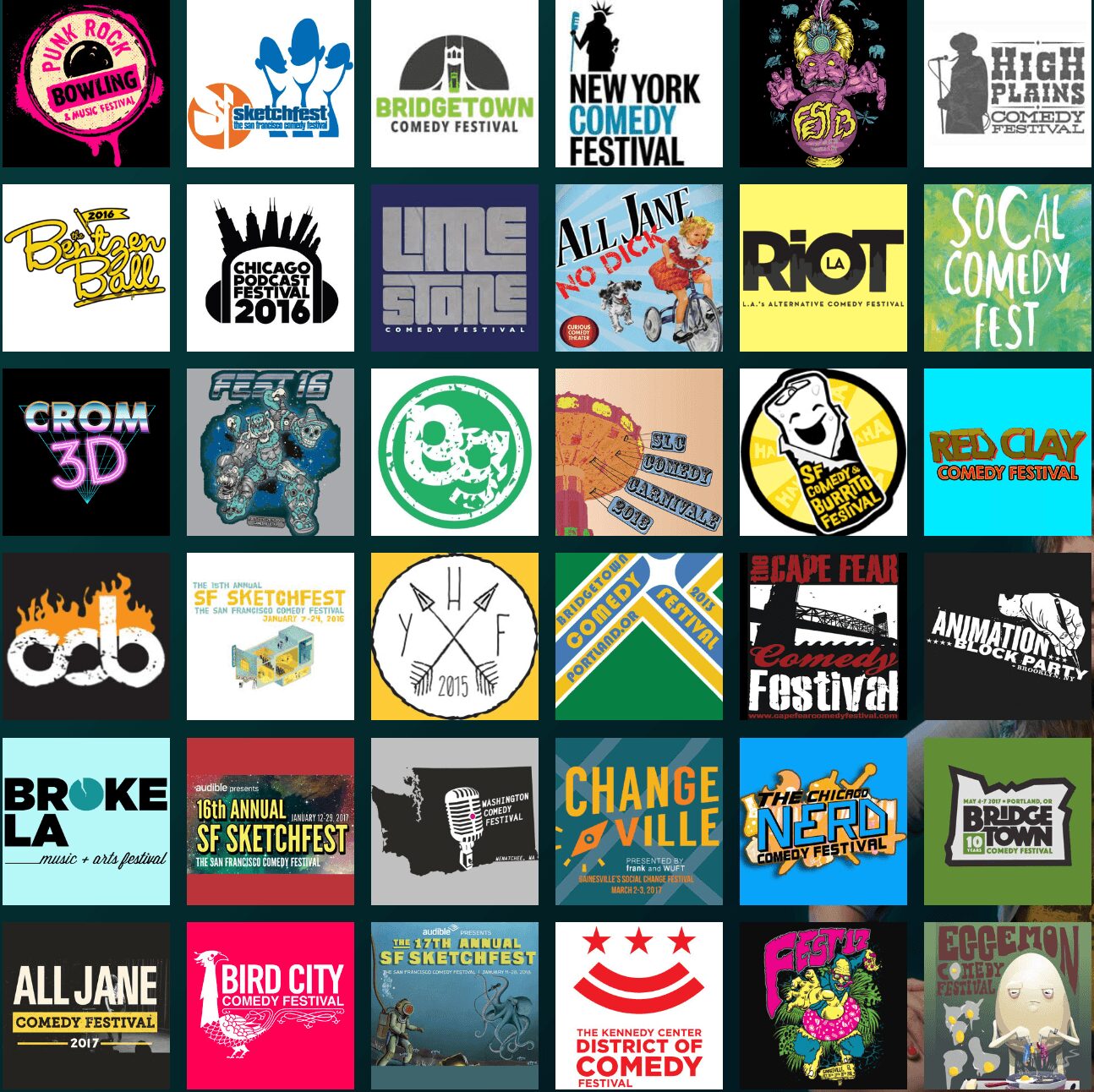
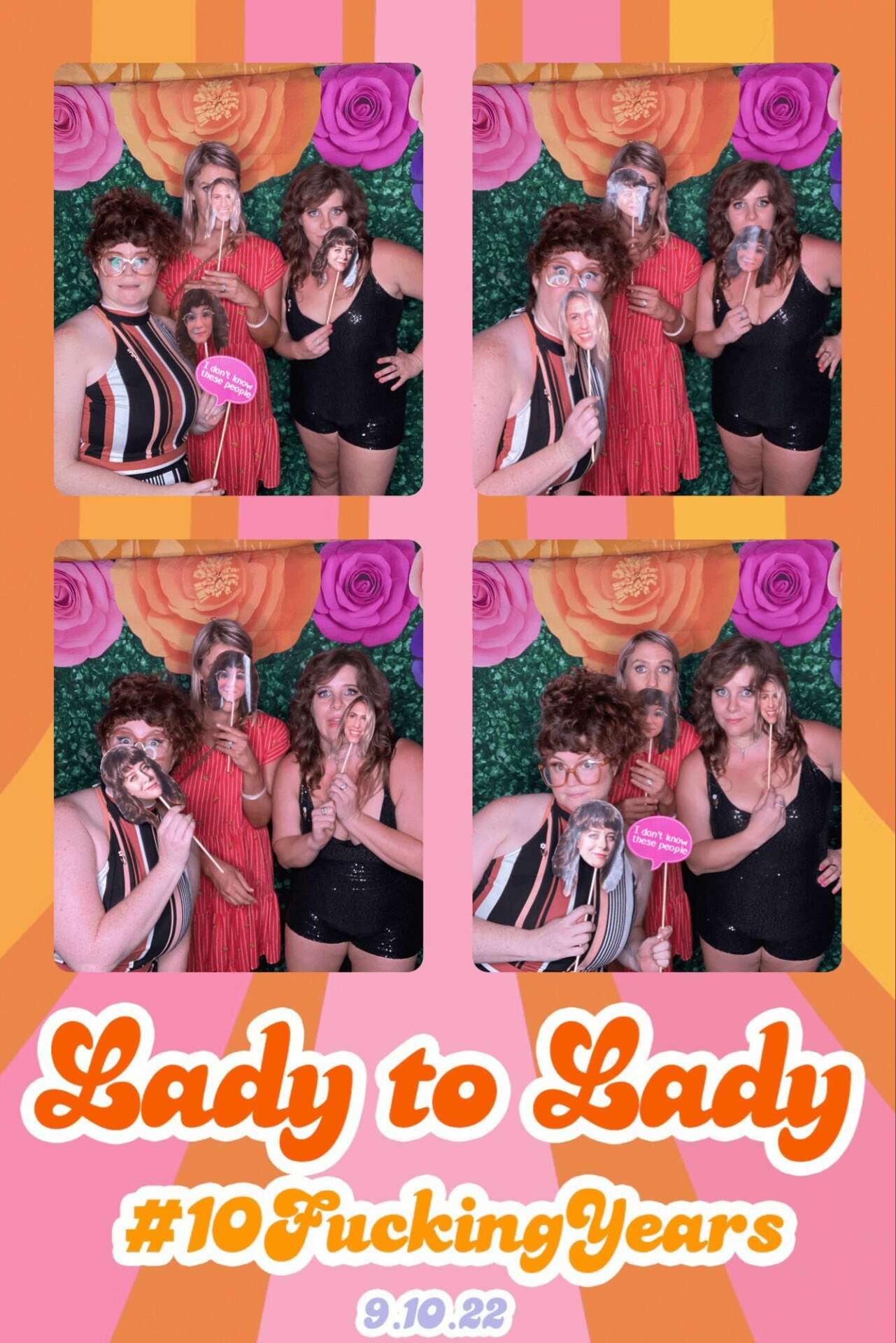
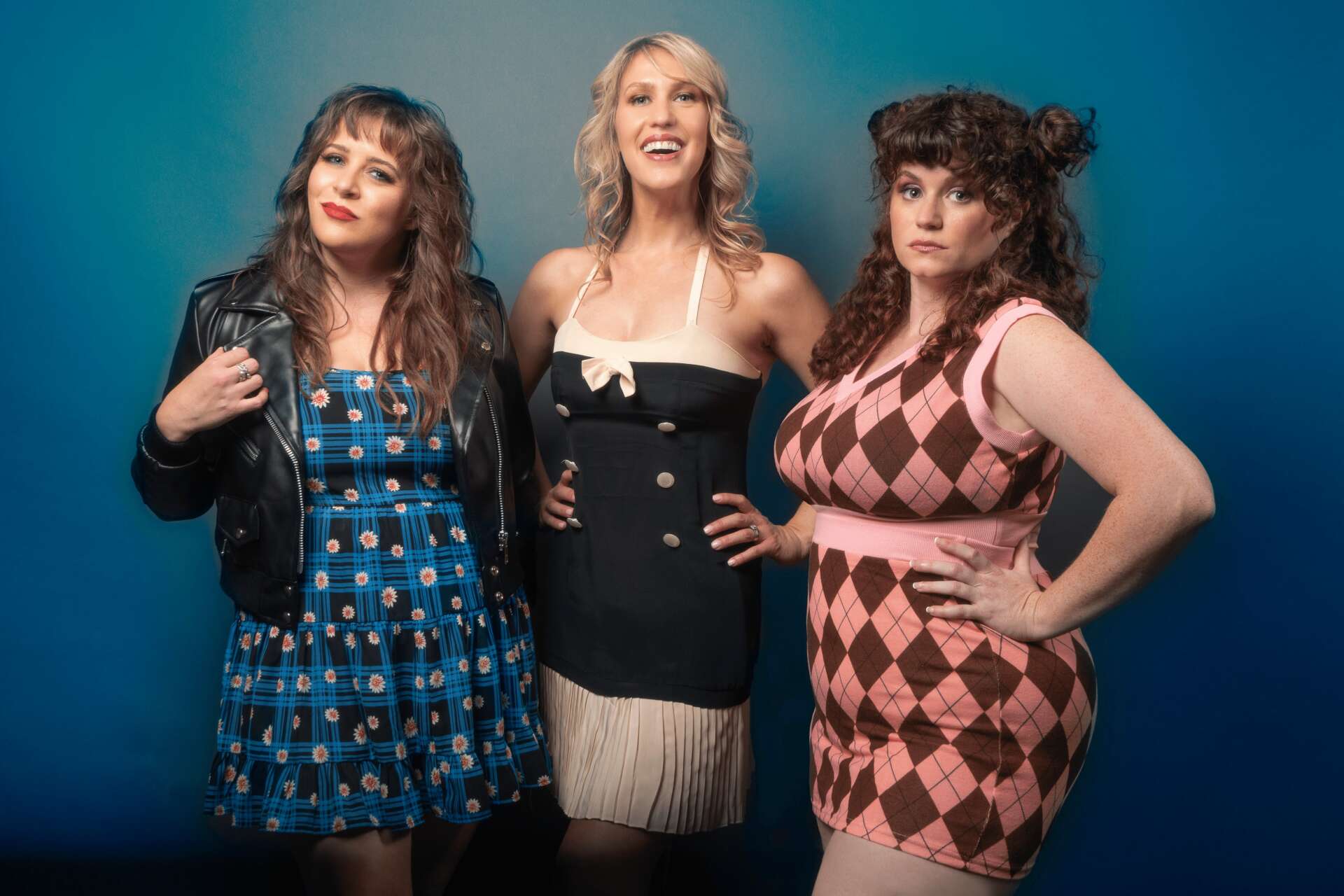
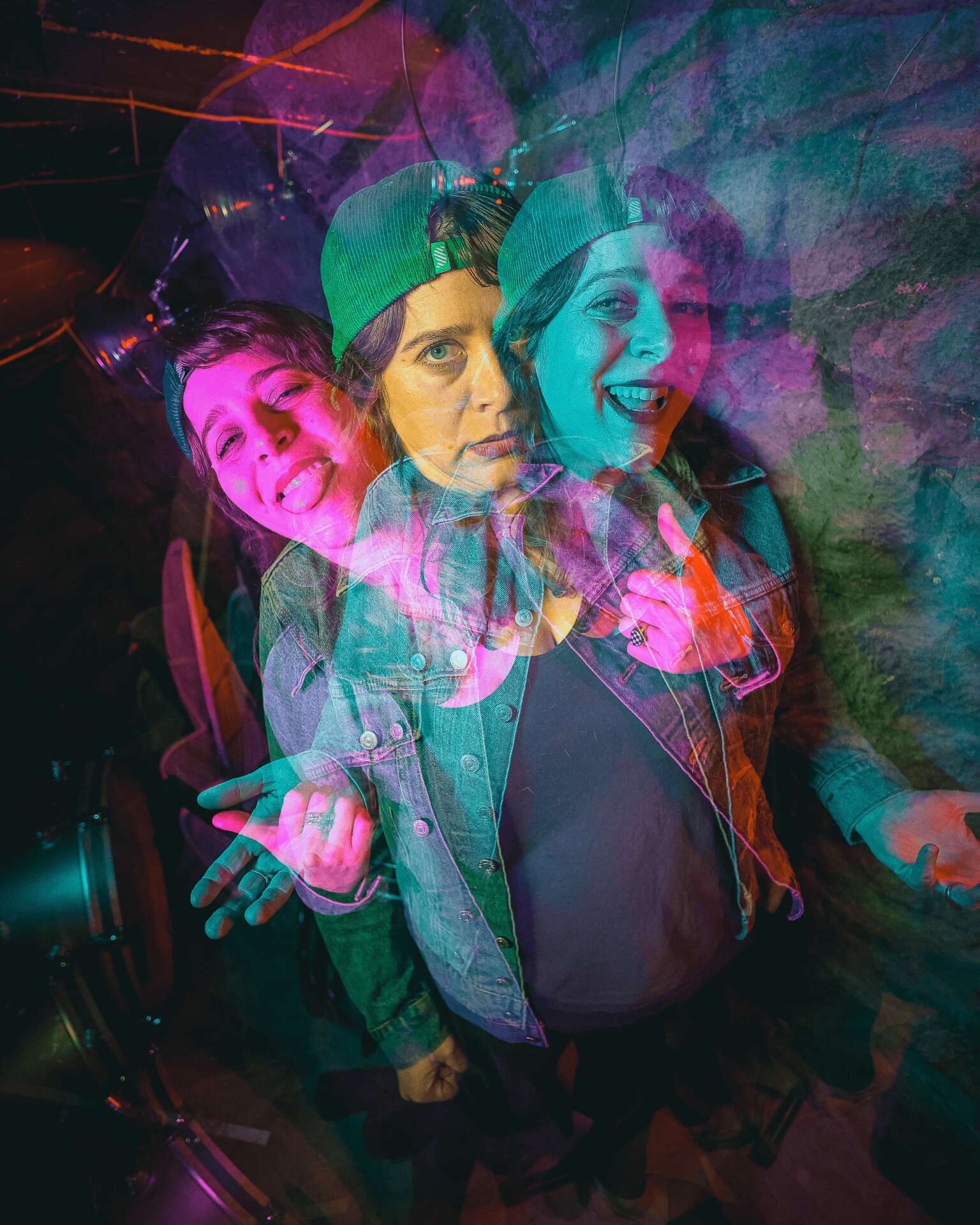
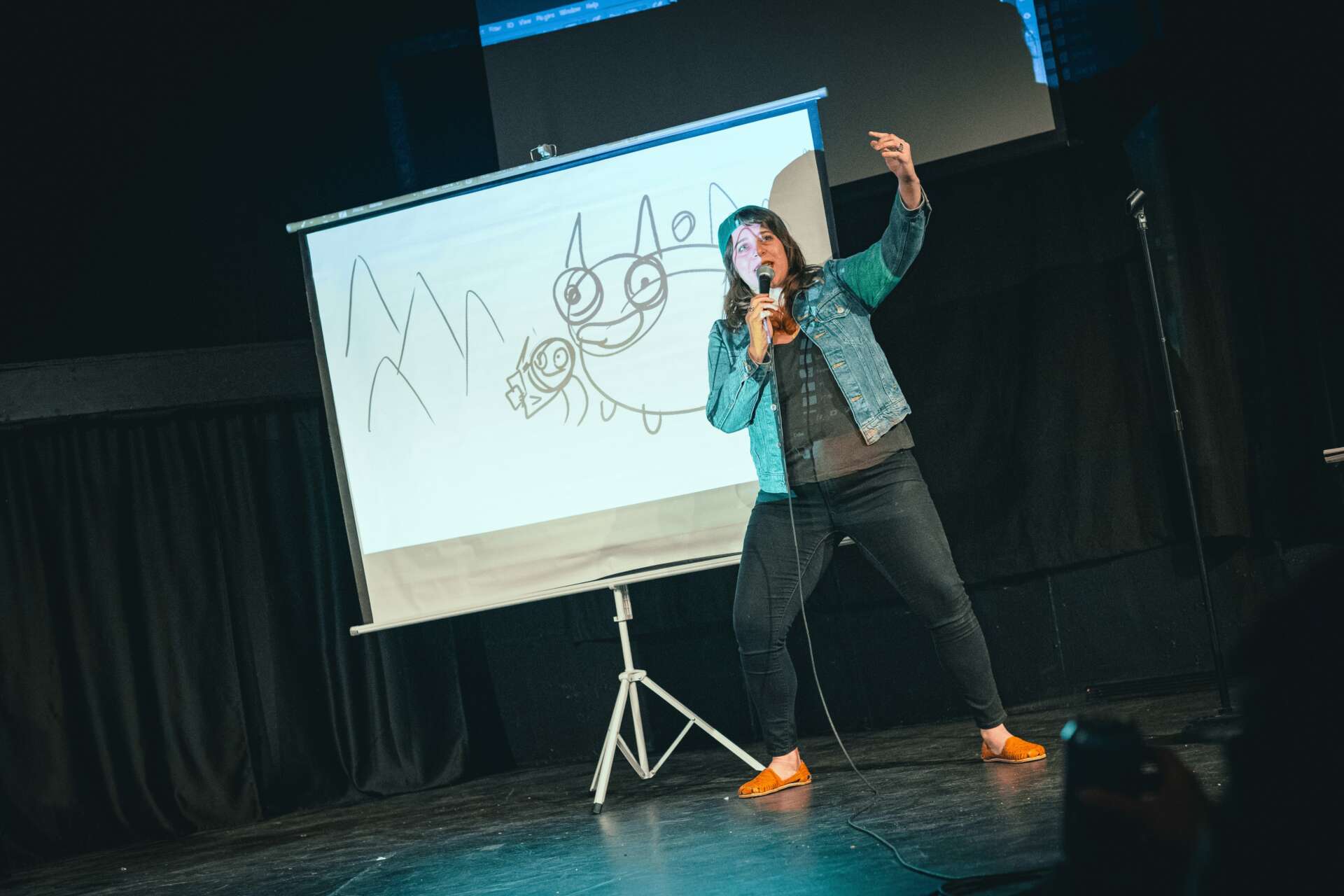
Image Credits
Greg Feiner, Andrew Levy, Sam Varela, Megan Thompson


